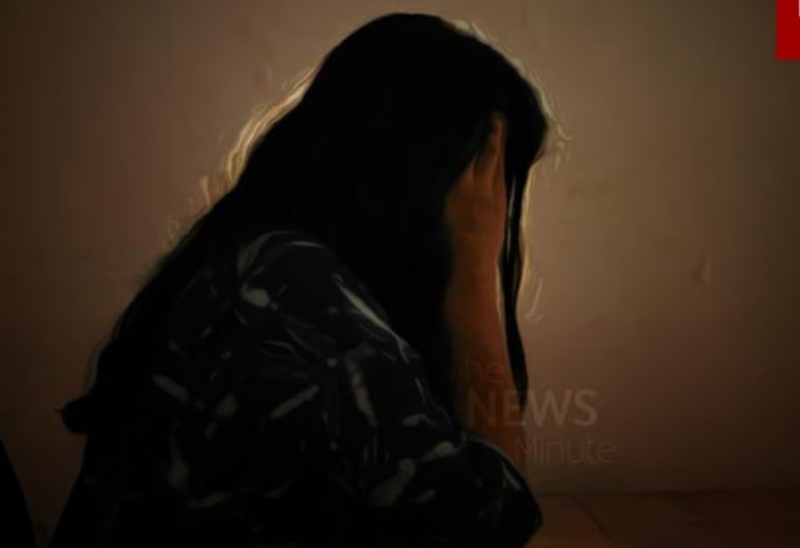Rokeya*, now 23 years old, used to work as a domestic help with her husband in Delhi. In order to find better pay, with help from a Firoz, they travelled to Mumbai in 2015, where shortly after they arrived, Firoz deceived them and pushed Rokeya into sexual slavery. He managed to send Rokeya’s husband back to the village and started prostituting Rokeya in hotels, until she was rescued by the police. She came back to her village in North 24 Parganas in 2016 with help from various NGOs and police. She resumed her life with her husband, and focused on raising a family.

It was much later, in February 2018, that she received summons from the Bombay High Court to go there and depose in the case against Firoz. While she did want to punish her trafficker, by this time she had barely settled down, and is still scared of that place where she faced so much of trauma. Not knowing what to do, she again seeks help from the NGOs who had helped her, and they assist her in applying to the Bombay High Court for deposing through video conferencing. After several letters to different authorities in Mumbai and WB, and much support from the NGOs, she manages to give her deposition for the case, and identify the accused.
But this was not the case for Saira* – another survivor of human trafficking. Even she was trafficked to Mumbai and rescued and returned by the police and NGOs. She has been fighting the case against the traffickers for more than 8 years now, and was summoned for deposition to Pune thrice. She went each time, at the cost of her business getting ruined since no one could look after it in her absence. The trafficker has still not been arrested, though.
Such is the case for more than 100 other trafficked survivors in North and South 24 Parganas – they were trafficked to other states, like Delhi, Mumbai, Bangalore, were rescued by police or NGOs, and cases were lodged in the destination states. But the traffickers go unpunished as there is no standard protocol on how to conduct video conferencing despite there being a provision under CrPC section 275 (1). The young women and girls, once back home, are unable to travel to the other states due to changed life circumstances, as well as poverty. And the traffickers go unpunished in the absence of their witnesses
While the DWCDs of Maharashtra and WB have entered into an SoP for dealing with cases of human trafficking, and the SoP does suggest using video conferencing for deposition, the lack of a protocol leads to lack of accountability and set procedure on how to make this facility accessible to survivors of trafficking. RTI reports show that while this facility has been introduced in all 19 districts of West Bengal, none are in use, or were used for deposition of witness. At present, this system is highly dependent on capacity and interests of NGOs. Survivors who are not in touch with such interested NGOs are unable to find justice – whether in punishing their traffickers, or getting victim compensation.
The new Trafficking of Persons (Prevention, Protection and Rehabilitation) Bill, 2018, that is pending for being presented in the Parliament for the last two sessions, is a ray of hope in this matter. This Bill, if turned into a law, prescribes a clear system of accountability and protocol for investigation and trial and video conferencing is one of the prescribed mechanisms for deposing in interstate cases. If implemented and monitored properly, this can help punish thousands of traffickers across India, making justice delivery quicker, sensitive and taking into account the interests of the victims of this organized crime.
